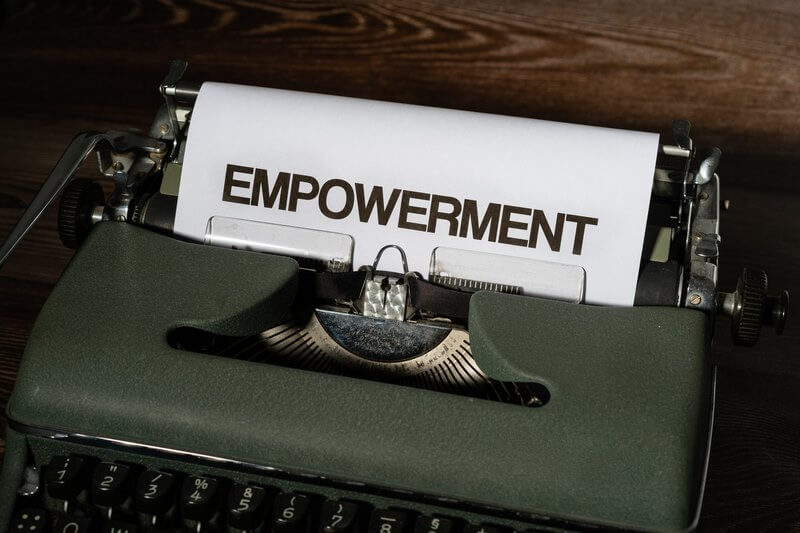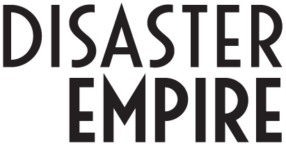
How to get Business Continuity Certified
What are Business Continuity certifications? If you are getting started as a professional or getting credentialed to supplement your experience, this blog is for you. Or this is helpful if you are transitioning into a business continuity role. This week, I talked to a colleague who is interested in certification. My experience is that having a certificate was the difference maker for me getting hired into a global fortune 100 company. There were no academic pathways to continuity for a long time, so certification was the educational standard.
Certification continues to assist new professionals or those seeking to promote or move into a resilience role. Of course, you do not have to get this level of training to be a continuity professional. Experience is always the most valuable asset of a practitioner. However, gaining education signals to leadership your professionalism, especially when you are new, less familiar with the work, or seeking to grow. Two certification bodies for BCM also embrace the resilience mindset, the DRII and the BCI. Read on to learn more.

Disaster Recovery Institue International (DRII)
One of the leading certification bodies is the Disaster Recovery Institue International (DRII). DRII was established in 1988 and was referred to me when I looked at transitioning from the public to the private sector. Although international is in its name, my experience is that domestic companies primarily recognize them.
However, their website states that DRI has certified 20,000+ resilience professionals in 100+ countries and at 95 percent of Fortune 100 companies. DRI offers 15 individual certifications, including the globally-recognized CBCP certification, and certifies organizations as a resilient enterprise. I find their certification process straightforward, and their instructors are knowledgeable. One thing to note is you will be learning the standardized way of conducting work, which means that you will need to adjust your techniques for the real world.

The Business Continuity Institute (BCI)
Next, the Business Continuity Institute (BCI) is a global certification body. Established in 1994 by Andrew Hiles and colleagues, it transformed from the Survive Group, a disaster recovery network, and business continuity experts. I’ve found the organization to have a strong base in the UK, where it operates, and the European Union. However, their certifications are recognized worldwide.
My experience with the BCI is growing as I interact with more USA Chapter and Women In Resilience (BCI WiR) members. The courses, webinars, and conferences I attend enriched my learnings. In full disclosure, I’ve participated in webinars and panels in the last few years. I contributed to the article, The hybrid world – tools to make it a great enabler for women in the workforce: A BCI ‘Women in Resilience’ perspective. The BCI Americas also shortlisted me for the Contributor award this year. And this is another point. Networking and joining a career group is another excellent way to expand your knowledge base.

A word to the wise
But, my growing insider’s view does not overly cloud objectively. Both DRII and BCI have their pros and cons. When engaging both organizations, it’s essential to remember that they are certification bodies that aim to sell you their product and maintain you as a customer. That’s not a knock on them but advice to keep in mind that they can not be everything to everyone. Their scope will always be understandably narrow, and it’s up to practitioners to provide directional feedback.
It’s the same for the conference providers and professional associations I will speak about in a minute. There’s no doubt that when founded, all of the organizations had good intentions. For many years, BCM grew from Disaster Recovery into the formalized discipline it is today. As I’ve said, it’s still evolving how resilience influences how continuity is delivered. All of these organizations are businesses at the end of the day. They also have a bottom line to think of as much as they want to provide value.

Standards organizations and regulatory guidelines
So, I shared the benefits and pathways to certification. Organizations value it as a baseline for entry or verification of credentials. As a bonus, I can provide you with a few other resources. It took me a while to discover resources for business continuity and resilience standards. But, it is impressive how much guidance is out there once you start looking for it.
Understanding what regulations influence program governance is vital for credibility. Here are some resources that I find relevant today:
- BCM Legislations, Regulations, Standards and Good Practice
- DRII The Professional Practices for Business Continuity Management
- BCI Good Practice Guidelines
- ISO 22301:2019(en) Security and resilience — Business continuity management systems
- ISO 22316:2017 Security and resilience — Organizational resilience — Principles and attributes
- Bank of England – PRA SOP Operational resilience
- For the US, NFPA 1600, former BS 25999-2, ASIS SPC.1-2009, OS 1910.38 – Emergency action plans, and Sarbanes-Oxley Act (2002)
All of these are helpful resources to build your core competencies. They also help you to understand the subtle but essential gradations in approach across countries and practices. Many more guides are available, and a wealth of professionals are providing opinions across the internet.

Professional associations
So, what are business continuity certifications? In context, the signal to each other, our companies, and customers that we gained a baseline competency. Besides helping us to keep, get, or develop in a job, they augment the experience. Once you earn certification, you will maintain education credits. In Praise Of Conferences, I talked about the value of lifelong learning. And in, What Resilient Women Do, the benefit of networking with colleagues. Finally, you can ask others if they know of any active groups in your area. My region has a Boston Networking group for the financial services industry.
Besides learning on your own or taking to peers 1:1, several professional associations provide opportunities to socialize ideas and learn. One of these is ACP International, the association of continuity professionals. Created for and maintained by resilience practitioners, they provide networking opportunities. RIMS, or the Risk Management Society, is another membership group in the realm of resilience. They also offer certification and connect members. You can always start your group, too. In 2020, I formed a Business Continuity Resilience Insurance Network (BCRIN) to provide industry focus. Then, in 2021, I co-founded the Resilience Think Thank to give back in a new way.

Summary
Hopefully, this brief overview provided you with resources to get started. My goal is to share organizations that provide certifications. However, in my experience, getting a certificate is not a one-and-done. Not only do you have to maintain that certification, but you should continue to engage in the broader industry. To stay on top of trends and innovations, practitioners must continually thirst for knowledge and be open to new ways of doing things. Engaging in curiosity equates to a high-performance mindset.
I know I did not capture every related group in this short blog. For an upcoming blog, I will share additional opportunities for learning in the form of journals, conferences, and vendor sites that helped me expand my appreciation of our complex field. Business continuity and resilience are not rocket science, but delivering takes discipline, keen analysis, and determination. Both hard skills and soft skills are vital to success. Let me know in the comments if I missed any resources that helped you on your resilience journey.
